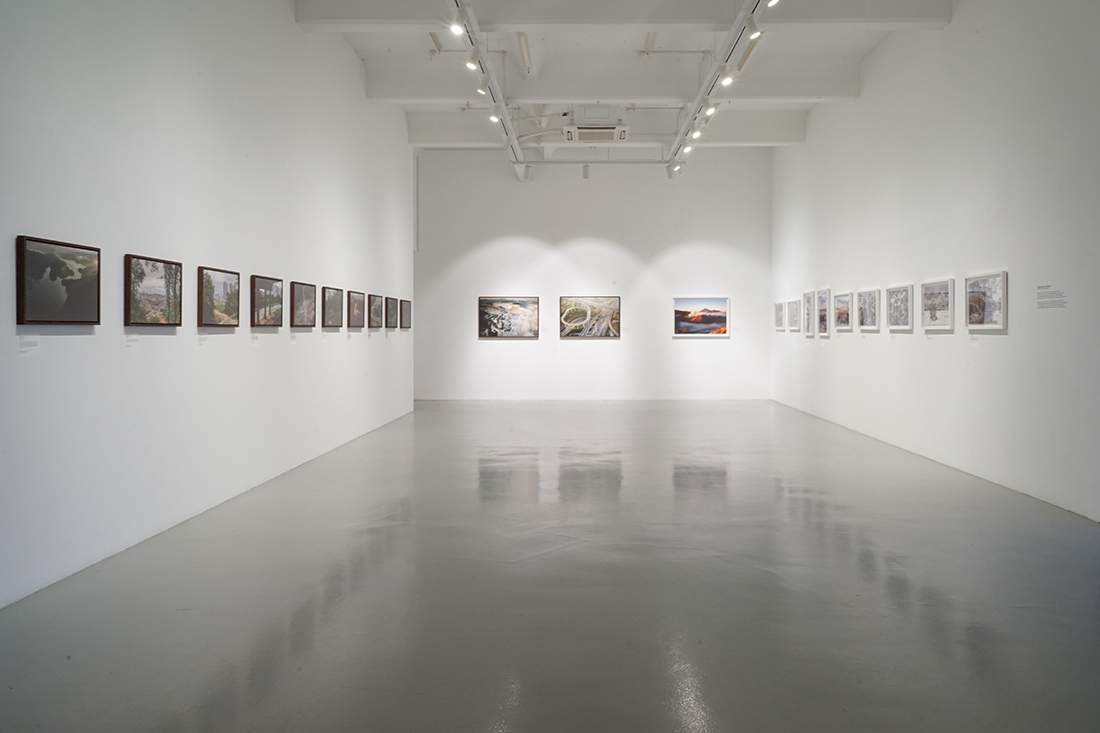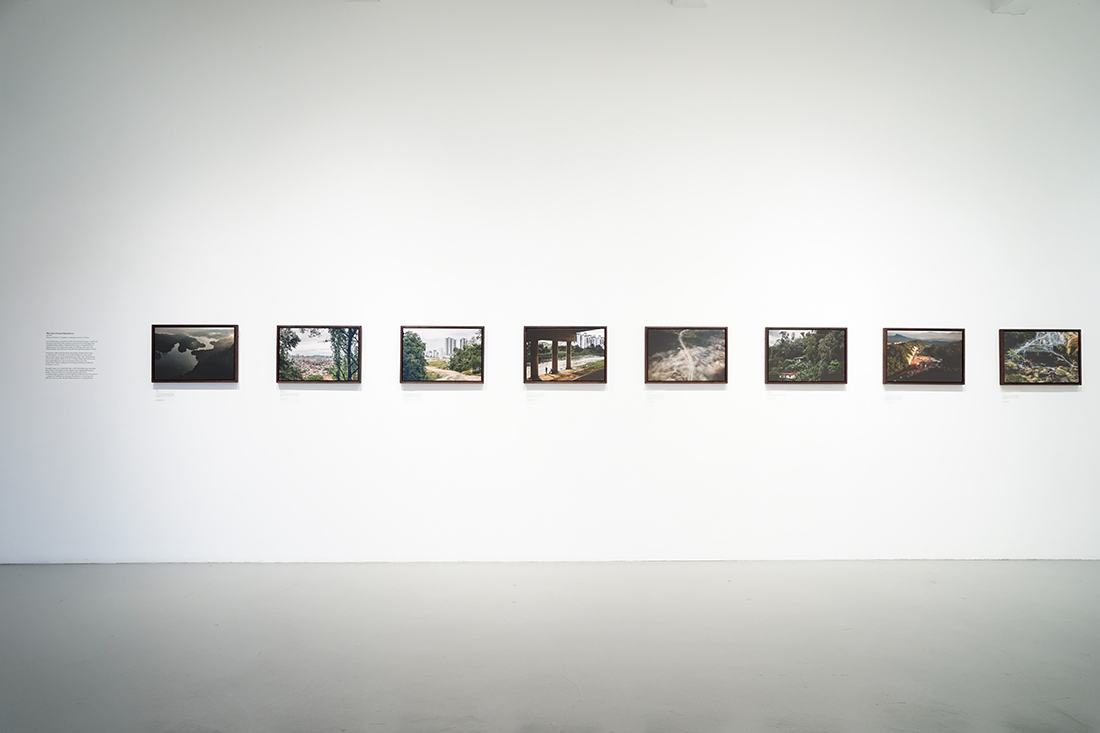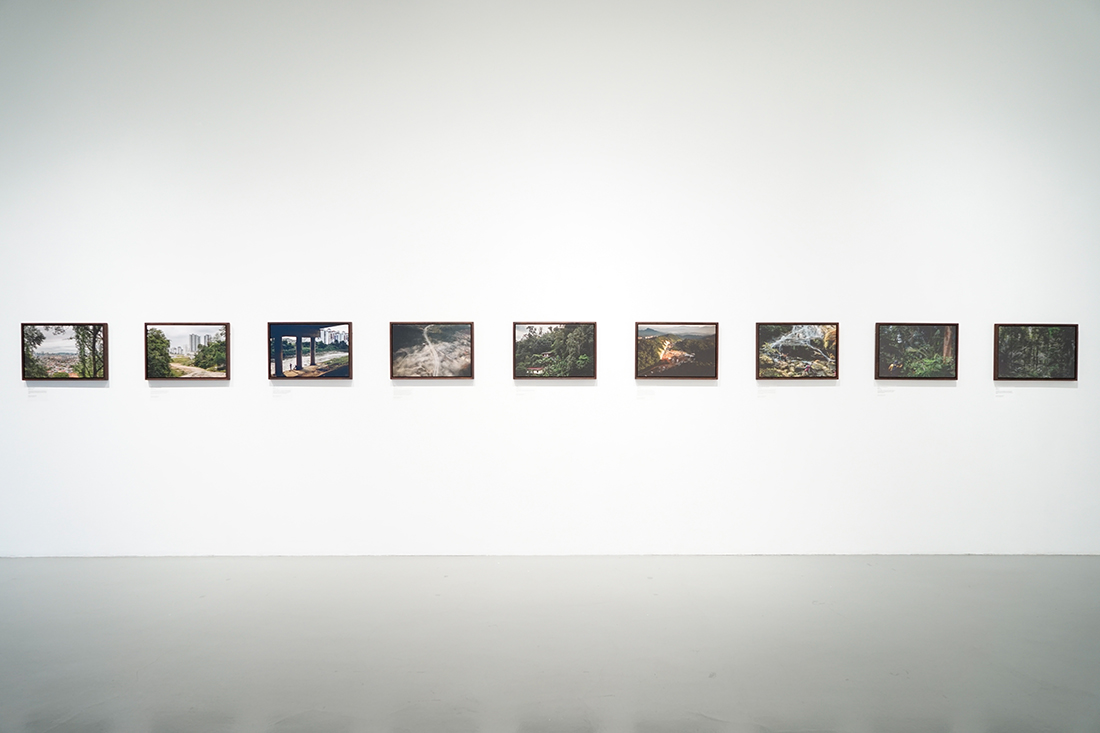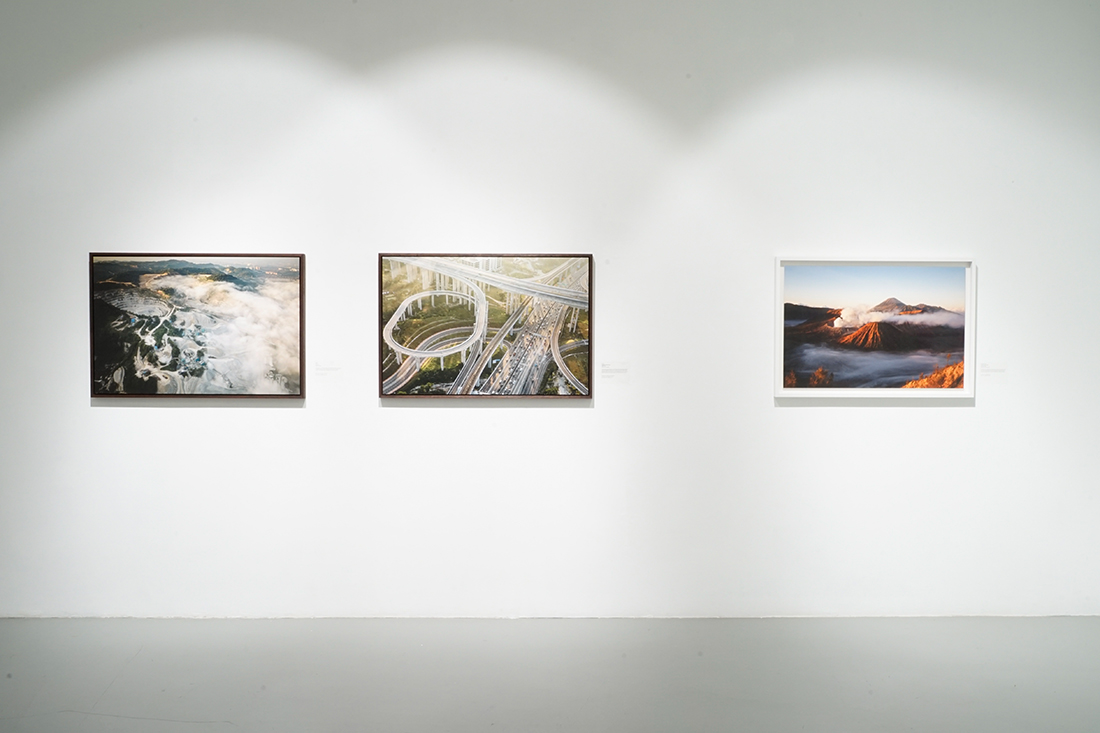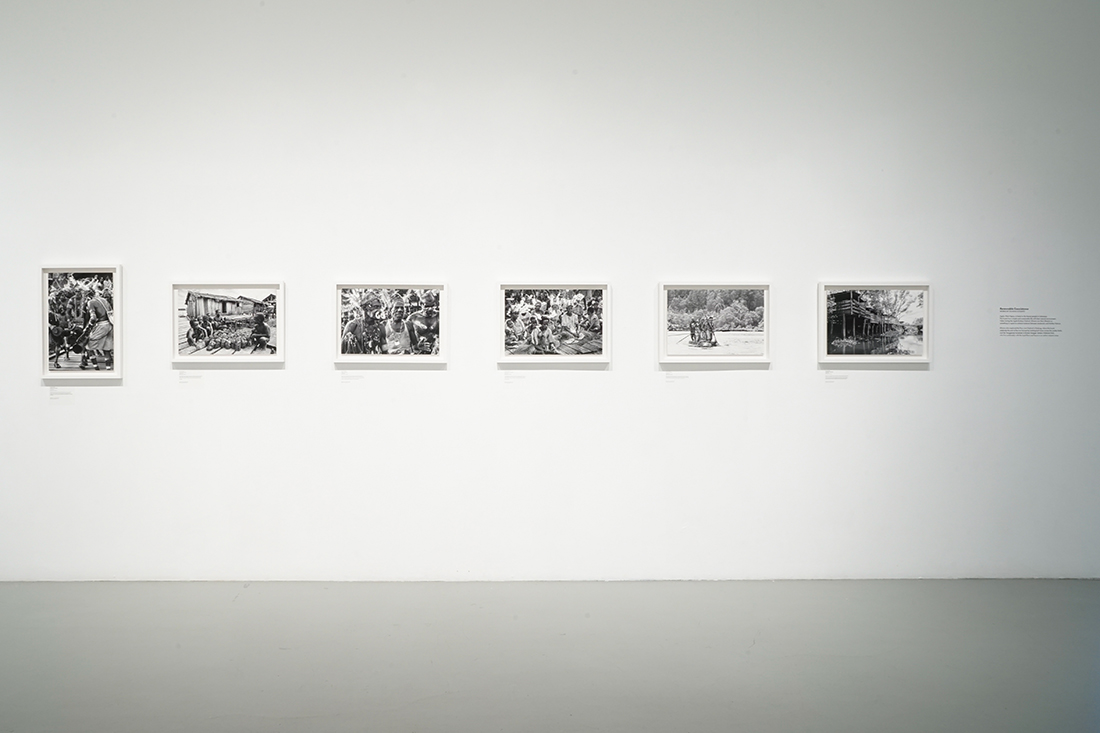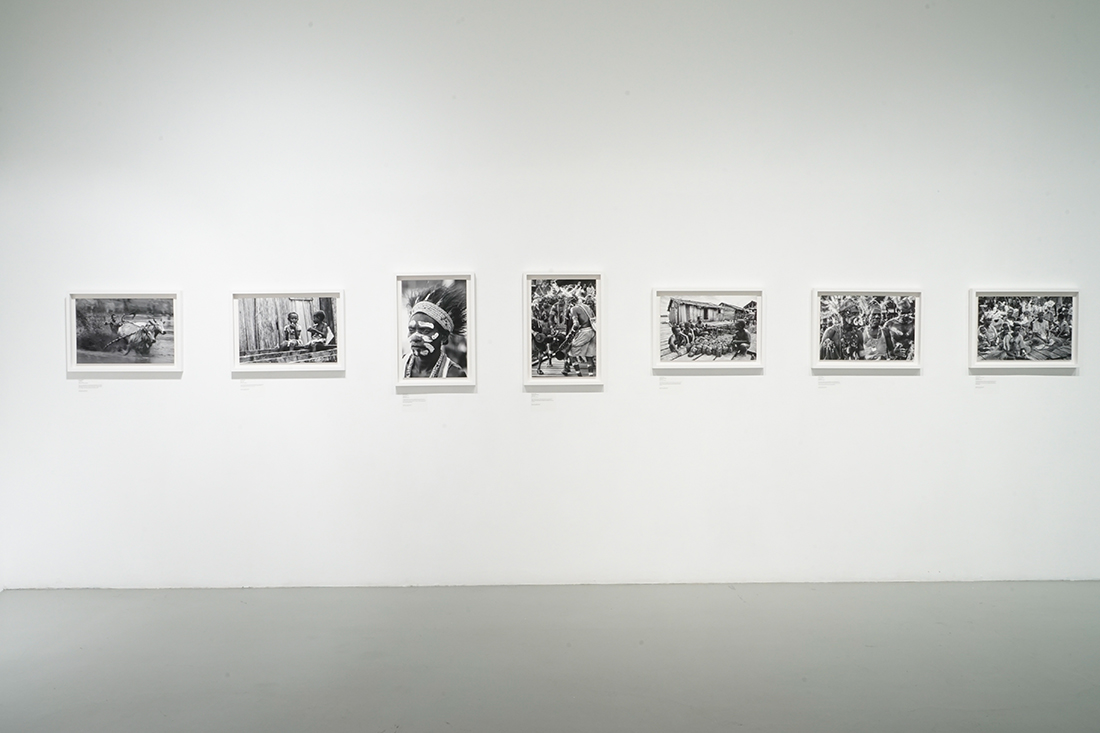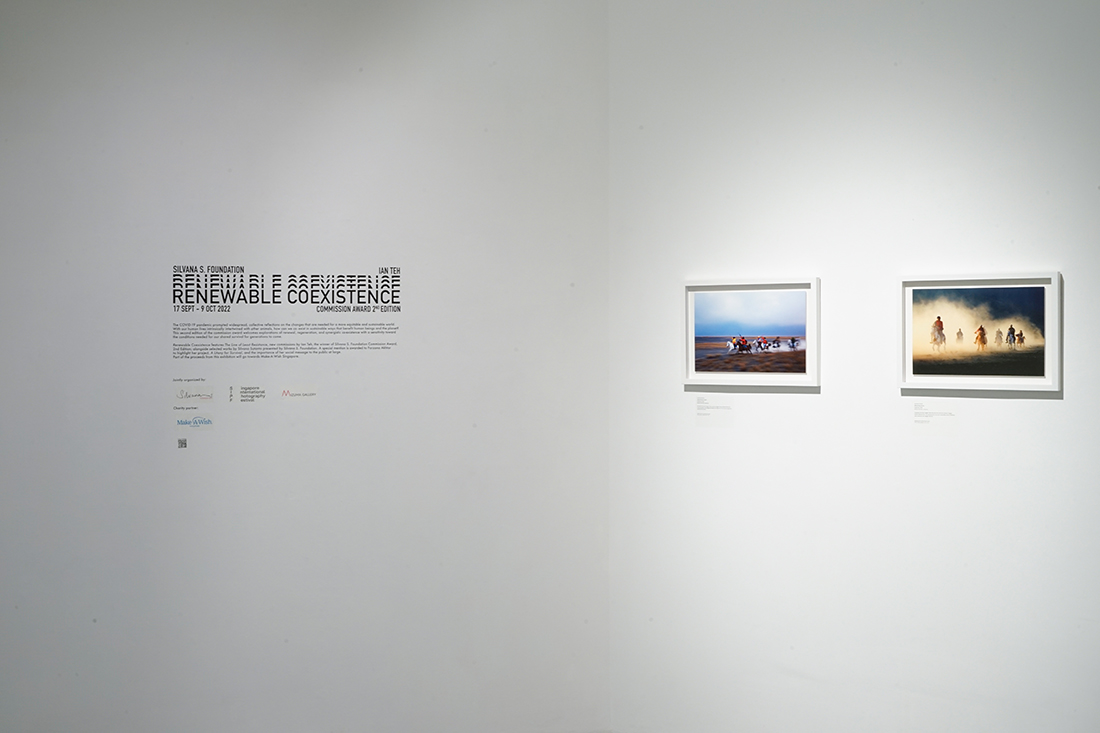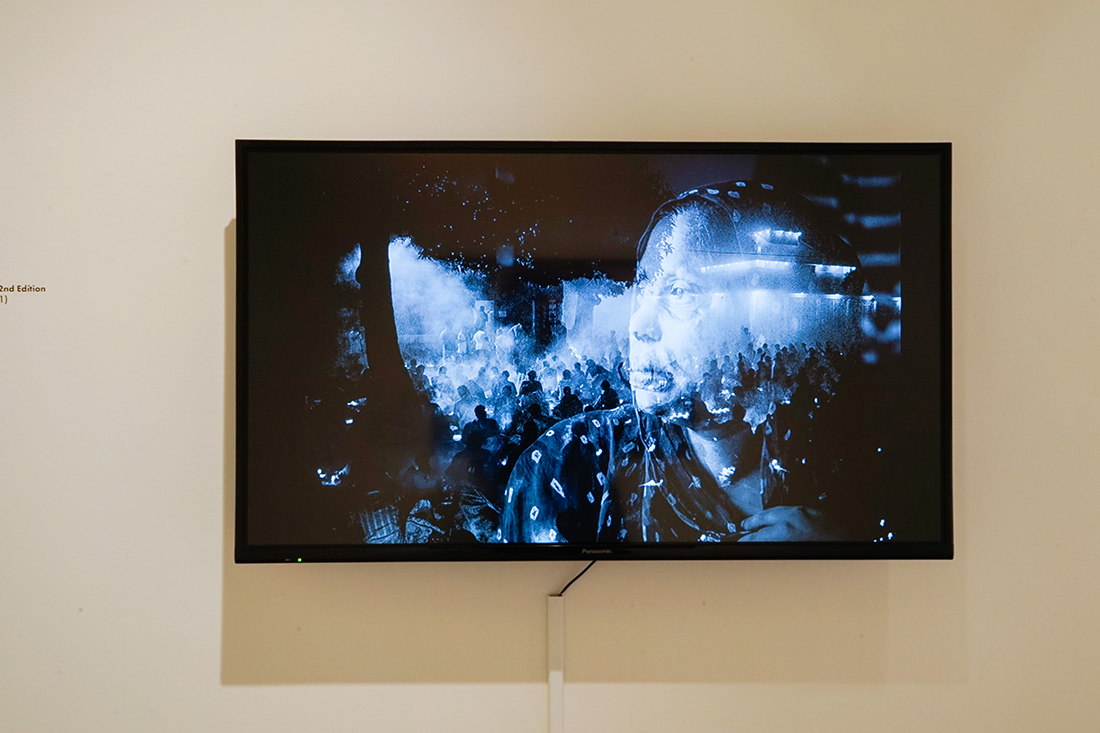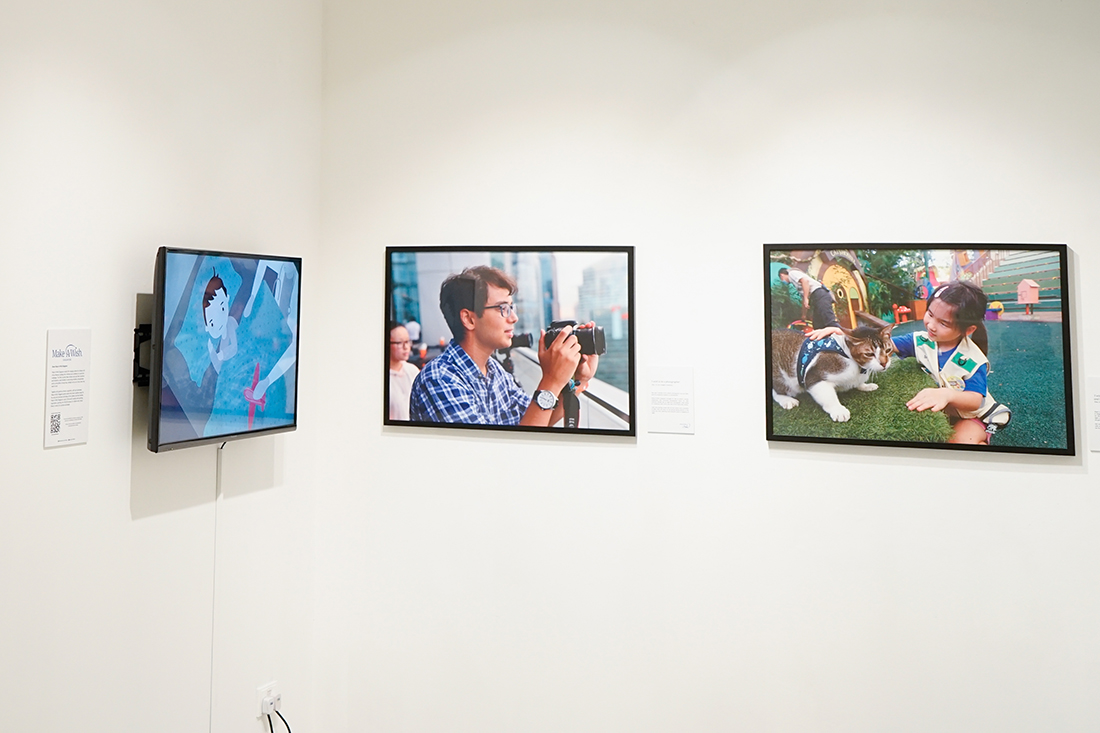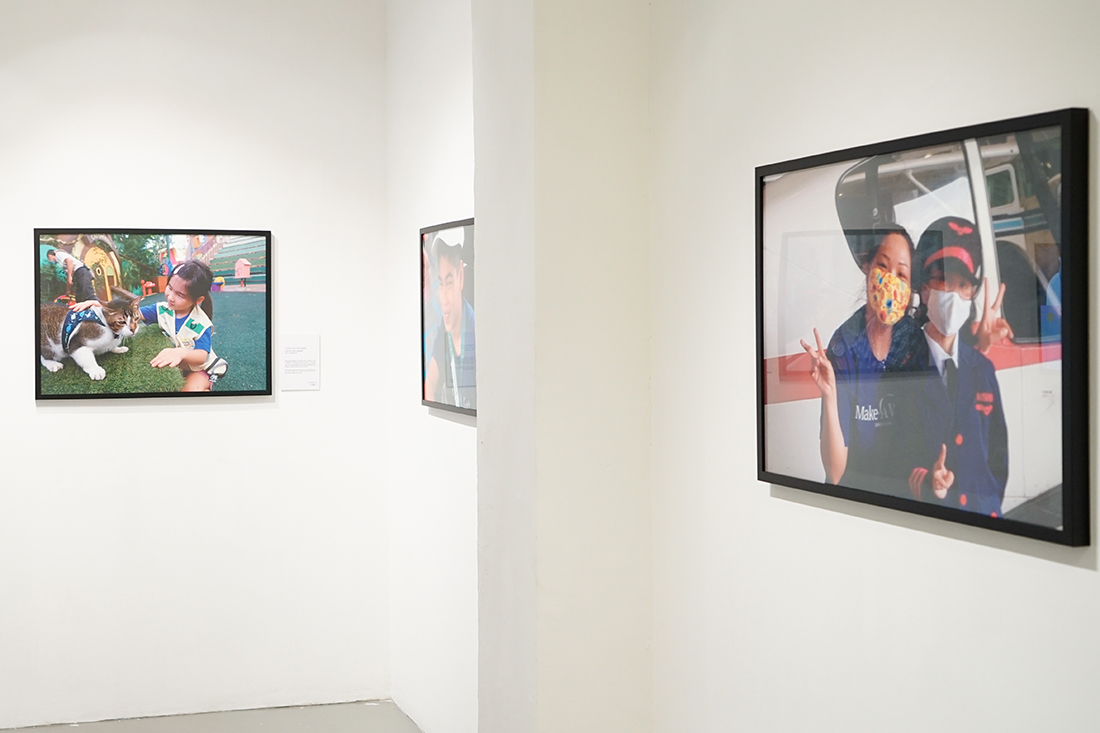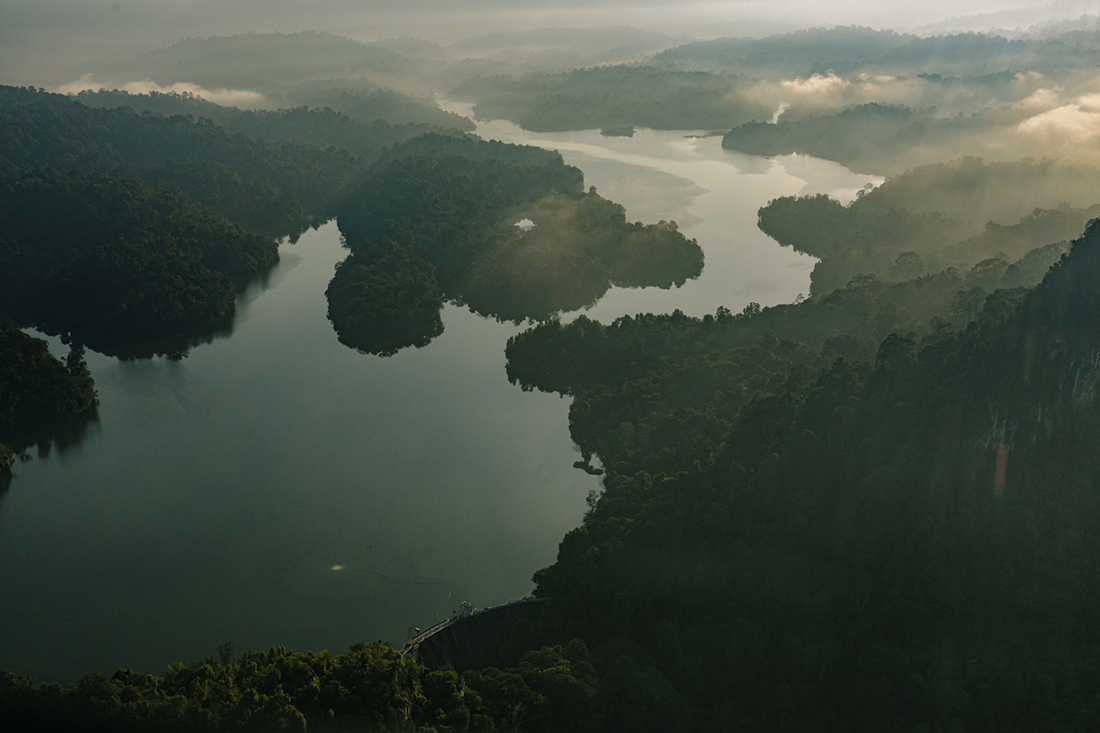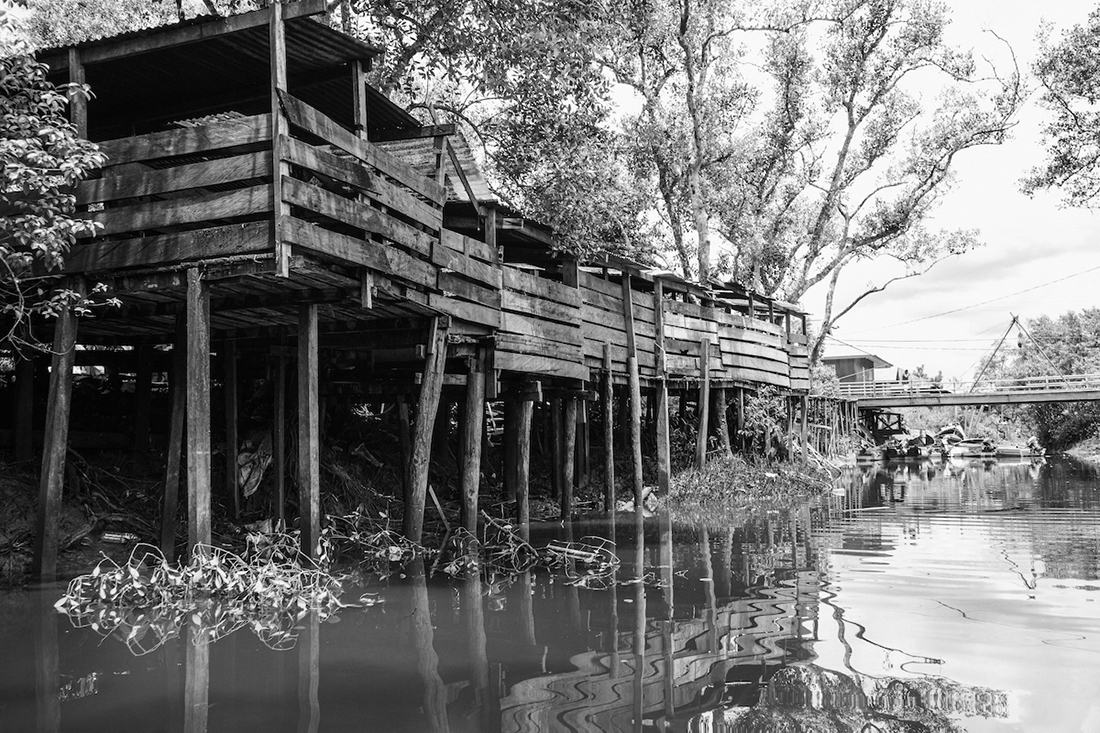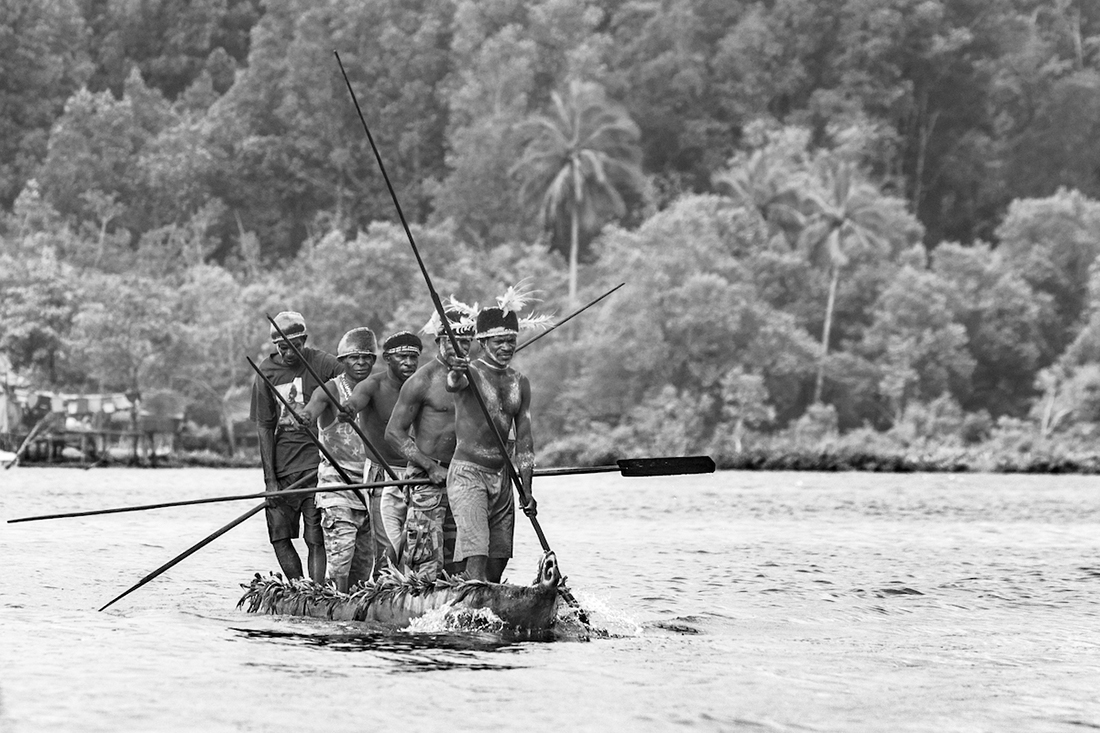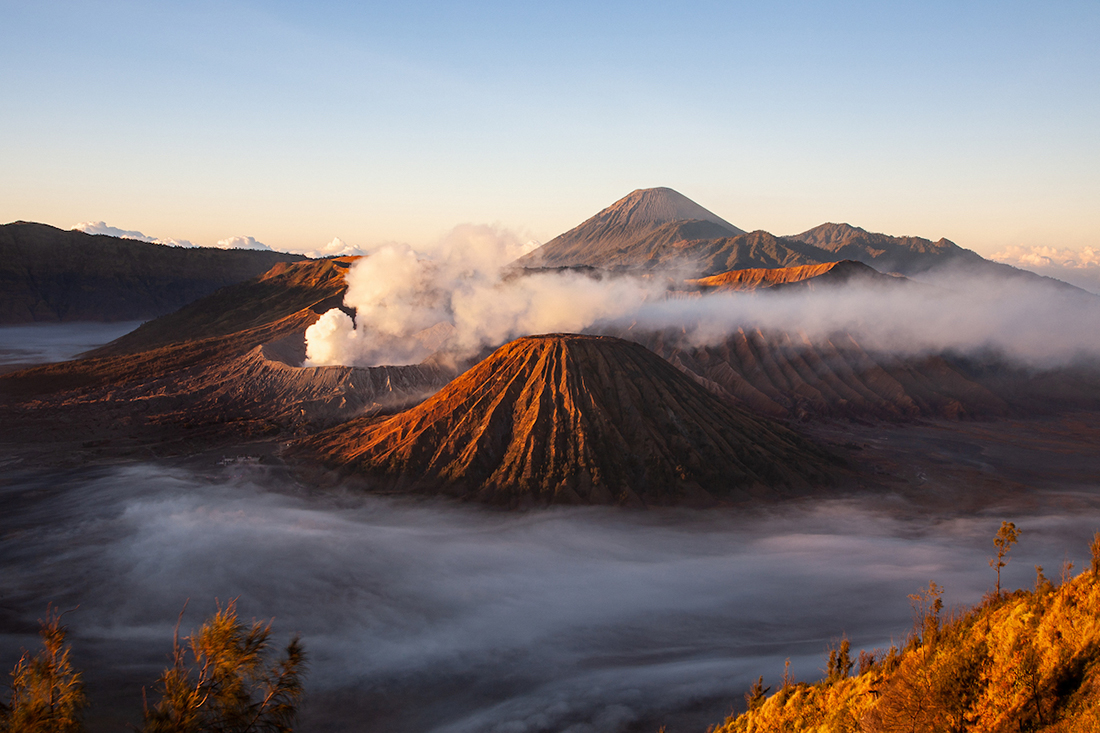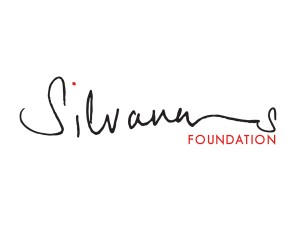Ian Teh & Silvana Sutanto "Renewable Coexistence: Silvana S. Foundation Commission Award Exhibition, 2nd Edition"(SINGAPORE)
17 September - 9 October 2022
17 September – 9 October 2022
Artist’s Talk by Ian Teh: Saturday, 17 September 2022, 3pm–4pm
Vernissage: Saturday, 17 September 2022, 4pm–7pm
Mizuma Gallery is pleased to announce Renewable Coexistence: Silvana S. Foundation Commission Award Exhibition, 2nd Edition.
Featured at the Singapore International Photography Festival (SIPF) for the second time, the Silvana S. Foundation Commission Award recognizes artists’ ability to interweave environmental, wildlife preservation, and humanitarian concerns into their photography. The winner of this edition’s Silvana S. Foundation Commission Award is Ian Teh, a British-Malaysian documentary photographer whose works are motivated by the environmental issues of urbanization and development.
The COVID-19 pandemic prompted widespread, collective reflections on the changes that are needed for a more equitable and sustainable world. With our human lives intrinsically intertwined with other animals, how can we co- exist in sustainable ways that benefit human beings and the planet? This second edition of the commission award welcomes explorations of renewal, regeneration, and synergistic co-existence with a sensitivity toward the conditions needed for our shared survival for generations to come.
Renewable Coexistence features new commissions by Ian Teh, The Line of Least Resistance, alongside selected works by Silvana Sutanto presented by Silvana S. Foundation. A special mention award was given to Farzana Akhtar to highlight her project, A Litany for Survival, and the importance of her social message to the public at large. Her works will be presented as a digital showcase at Mizuma Gallery. The exhibition will begin with an Artist’s Talk by Ian Teh on Saturday, 17 September 2022, 3pm to 4pm; followed by Vernissage from 4pm to 7pm. Due to limited capacity, kindly RSVP to info@mizuma.sg to register your attendance by Thursday, 15 September 2022.
Renewable Coexistence will run from 17 September to 9 October 2022 at Mizuma Gallery, 22 Lock Road #01-34 Gillman Barracks, Singapore 108939. The gallery will open from 11am-7pm on Tuesdays to Saturdays, and 11am- 6pm on Sundays. The gallery will be closed on Mondays and Public Holidays.
Renewable Coexistence is jointly organised by Silvana S. Foundation, Singapore International Photography Festival (SIPF), and Mizuma Gallery. Part of the proceeds from this exhibition will go towards Make-A-Wish Singapore.
Winner of the Silvana S. Foundation Commission Award 2nd Edition
Ian Teh (b. 1971 in Kuala Lumpur, Malaysia) is a British documentary photographer whose work is motivated by environmental and social issues. In an era of continuous urbanisation and development, at its roots, his work explores the underlying dreams and desires in society and the individual and of the sacrifices often made to realise them. In the age of the selfie, Teh has returned to the classical monumental landscape. His panoramic series, Traces: Landscapes in Transition on the Yellow River, is an alarm, an announcement of terrible beauty, heralding the advancing threat we pose to our planet. Ian has published three books, Undercurrents (2008), Traces (2011), and Confluence (2014). His work is part of the permanent collection at the Los Angeles County Museum of Art (LACMA), The Museum of Fine Arts, Houston (MFAH), and the Hood Museum in the USA. He has received several honours, including a grant from the Pulitzer Center in 2018 and presented his work on climate change at the 2018 National Geographic Photography Seminar. Ian Teh currently lives in Kuala Lumpur, Malaysia.
The Line of Least Resistance IAN TEH
East of Kuala Lumpur stands the lush verdant hills of the Titiwangsa range, significantly bio-diverse with areas of primary forest and a critical water catchment area for the city’s population. At the edge of the woodland is Klang Valley, or Greater Kuala Lumpur, an urban conglomeration of adjoining towns connecting to the capital, stretching westwards towards the coastline by the Malacca Straits. In between are pockets of forested greenery. Their edges, usually frayed, are threatened by the endless expanse of encroaching concrete and tarmac — materials synonymous with modernity.
Compared to other South East Asian metropolises, Greater Kuala Lumpur is uniquely green. Its forests are biodiversity hot spots where researchers continue to make scientific discoveries. Forests within cities are an essential offset to the urban sprawl. They provide oxygen, capture greenhouse gases, filter water supplies, mitigate erosion and floods, and cool built-up areas while sustaining biodiversity. They bestow residents with opportunities for recreation, education, and cultural enrichment. Indeed, the city’s green spaces boast an outstanding network of many community-maintained trails, crags and waterfalls that are little known. These are priceless ecological and cultural services unaccounted for in GDP reports and, perhaps, because of it, undervalued by the state. In an era of climate change where recent years have made explicit how much our homes and lives are at risk, Klang Valley’s ability to re-evaluate the importance of its remaining forested lands will determine its long-term survival.
Greater Kuala Lumpur is the eighth largest metropolis in South East Asia, according to a 2010 World Bank report. It describes its urban sprawl as more extensive than megacities like Jakarta, Manila, and Seoul. In contrast, its low population density ranks it 22nd. Presently, unoccupied homes are at their peak in the Klang Valley. This data indicates longer work commutes, especially on the city’s extensive highways. Traffic jams abound. State authorities raise funds by selling government-controlled forested land, and banks provide free services for buying new properties compared to existing ones. It makes for ineffective city planning, more pollution and loss of woodlands. The addiction to the current model of continual development needs new land; too often, the path of least resistance is in clearing forests. |
About Silvana Sutanto
 Indonesia-born Silvana Sutanto (1957 – 2016) spent most of her adult life in Singapore. As she discovered her voice through the photographic medium, and joy in conveying stories through images, she set out on a dedicated path to deepen her practice. She undertook an apprenticeship with a professional photographer in Hong Kong that spanned several years, and later travelled to remote regions such as Kenya, Papua New Guinea, and Alaska. These expeditions allowed her to engage with the natural world through the lens of her camera. Silvana was fearless in her pursuit of the perfect shot, stepping out bravely into untrodden terrain and often braving the wild in harsh conditions. Her keen eye was recognised with numerous exhibitions and awards.
Indonesia-born Silvana Sutanto (1957 – 2016) spent most of her adult life in Singapore. As she discovered her voice through the photographic medium, and joy in conveying stories through images, she set out on a dedicated path to deepen her practice. She undertook an apprenticeship with a professional photographer in Hong Kong that spanned several years, and later travelled to remote regions such as Kenya, Papua New Guinea, and Alaska. These expeditions allowed her to engage with the natural world through the lens of her camera. Silvana was fearless in her pursuit of the perfect shot, stepping out bravely into untrodden terrain and often braving the wild in harsh conditions. Her keen eye was recognised with numerous exhibitions and awards.
Renewable Coexistence WORKS BY SILVANA SUTANTO TEXT BY SILVANA S. FOUNDATION
Agats Budaya Festival, West Papua Agats, West Papua, is home to the Asmat people in Indonesia. Despite not being as developed as other modern cities, they live a simple and sustainable life with their natural environment, a rarity in this rapidly modernising world. This series was taken during the Agats Budaya Festival, an annual celebration of Asmat culture and tradition. Silvana saw their lifestyle as something to aspire to achieve balance between modernity and Mother Nature.
Silvana also explored similar sustainable festivals and societies in Indonesia, such as the Pacu Jawi festival in Padang, where the locals celebrate the end of the rice harvest by holding bull races across the paddy fields, and the Tenggerese horsemen in Bromo Tengger Semeru National Park, who live sustainably with the local flora and fauna in a nationally conserved, active volcanic area. |
Jointly organised by:
| 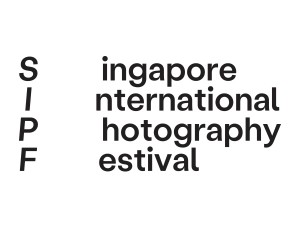 | 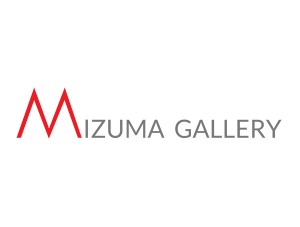 |
Charity partner: |
